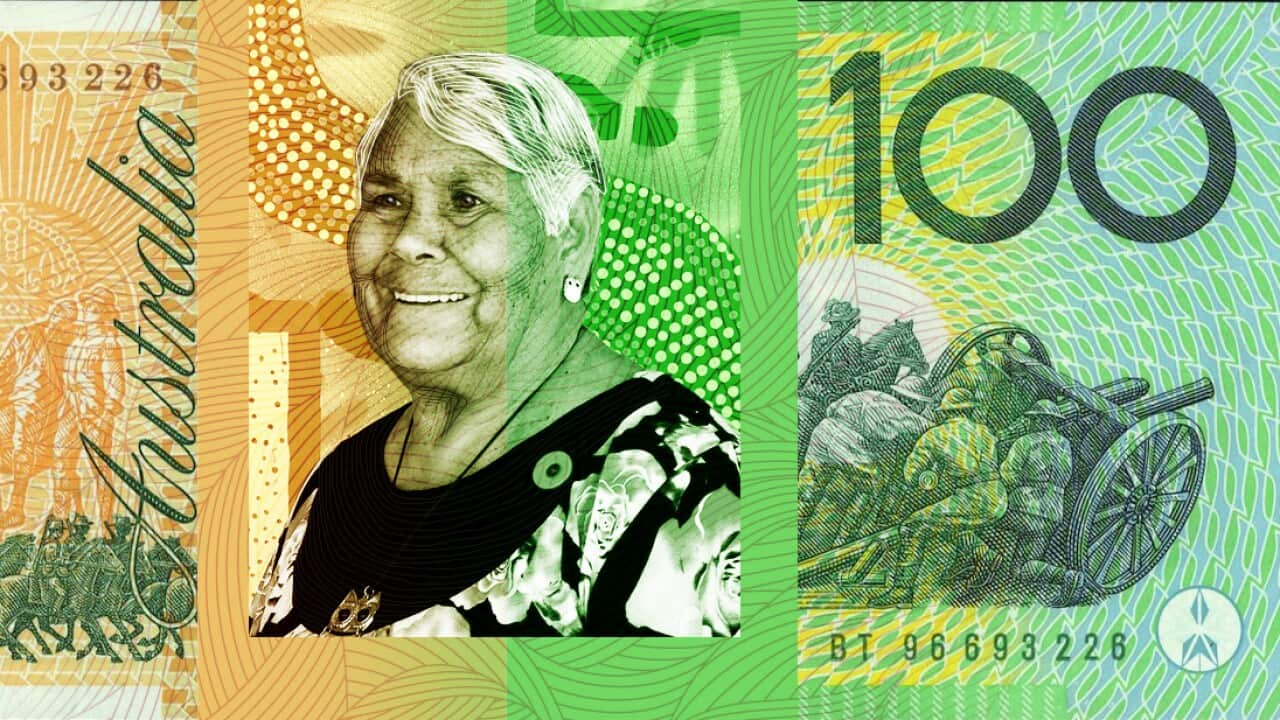The theme for this year's International Women's Day is: 'DigitALL: Innovation and technology for gender equality'.
It's a powerful message that emphasises the role of modern technology in bridging the education gap for women worldwide.
Historically, our Indigenous communities have been marginalised in the education system, but the spread of technology is enabling remote communities to access critical information to improve their financial literacy — a skill that most of us take for granted.
A digital escape from the confines of home
The phrase ‘knowledge is power’ is one that gets used a lot in the business world but today I would like to rephrase that to ‘knowledge is empowerment’.
In many countries and communities, the education of women is often secondary to their role as homemakers and caretakers which limits the time they have available to learn and empower themselves.
But online programs and platforms are now available to help fill this gap and offer women the flexibility to learn in their own time.
With the rising cost of living, one of the most important things we must be doing is empowering women with the knowledge and skills to manage their money.

Ms Dewis says online learning spaces can allow Indigenous women in remote communities to empower themselves financially.
My father began working at the local sugar mill when he was 15 and it was from him that I learnt important lessons about working hard and budgeting well.
Though these teachings are ones I tell in stories to my own children, the expansion of digital learning spaces allows me to share these lessons with Indigenous women all over Australia.
Acknowledging the past
A family’s wealth is something that is accumulated over generations, a nest egg for children and grandchildren to fall back on when times get tough.
For many Aboriginal and Torres Strait Islander families, this important nest egg was cracked by a period commonly known as the ‘Stolen Wages’.
When children in school are taught about Australia’s history, the effects of Indigenous policies seem like lifetimes away when in reality, many of the grandparents and Elders of our mob were directly involved.
Up until 1972, the wages paid to Indigenous and Torres Strait Islander people were held in a trust that was managed by the Government.
To this day, many of the families that were affected by this policy are still seeking compensation.
For those that did receive their compensation, there was no support or advice given on where that money should be spent and how it should be saved.

By empowering the mothers of today, we ensure a better life for the next generation. Source: Moment RF / d3sign/Getty Images
The one thing that most people don’t realise is that the concept of money and currency was not one that was immediately familiar to us.
Before colonisation, goods were bartered and exchanged between different tribes and there was no need for currency and thus no inherent understanding of what it was.
Over time, we have built the knowledge and abilities of how to use and save money, but many remote communities are still being forced to play catch up.
The task at hand
The best thing about today’s technology is having smartphones and access to computers and Wi-Fi. In the most remote communities, where they need the most help, cost of living pressures have pushed the prices of essential food items to the point where a loaf of bread could cost $10.
Providing these vulnerable communities access to free online programs and resources helps them to build their financial literacy skills and knowledge.
Being on Country and connecting with these women is one of the most fulfilling parts of my job.
Yarning about my own personal experiences with money and finance and supporting these women through their own financial journeys is something I look forward to every day.
Through my work, I am able to teach them budgeting skills and saving tips. Not all women are in the same financial position but setting goals and having self-discipline allows them to afford the finer things in life.
In a society where women are often dissuaded from setting boundaries and saying ‘no’, I passionately implore each and every one of the women I work with to stick up for themselves and prioritise their own well-being.
Technology is evolving at an unpredictable pace so we really need to start changing the way we think and the way we educate people.
We have to keep an open mind because we don’t always understand the situations that people are in.
I think just those little conversations and sharing those little bits of knowledge might just click with someone and it might spark something in them to make a change.
Looking forward to the Future
Our mothers were our first teachers. From teaching us how to wash our hands to teaching us how to cook, generations of knowledge and history are passed down in stories from mother to child.
If we ensure that the mothers of today are fully equipped with the financial literacy skills which have become essential in everyday life, we ensure that the children of tomorrow have a better start in life.
Destiny Dewis is a Manbarra and Dhoeybau woman and the Community Engagement and Project Officer at First Nations Foundation, an Indigenous financial wellbeing foundation led by an Indigenous majority board since 2006.













